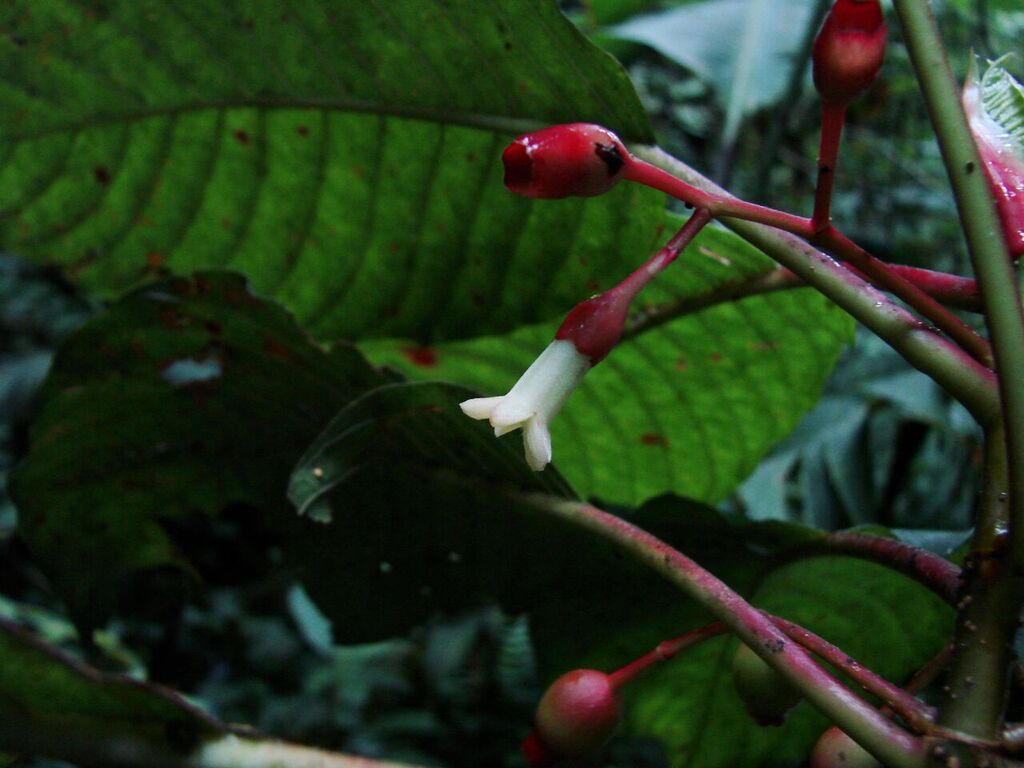Trinity botanists have discovered a critically endangered new tree species, which has been named Sommera cusucoana. The new species, which is part of the coffee family, has been placed under the critically endangered banner of the International Union for the Conservation of Nature (ICUN).
During an ecological survey in Honduras, Trinity botanists discovered the ten-metre-tall tree, which has cream-coloured flowers and cherry-like fruits. The roots of the name, Sommera cusucoana, stems from it being found in the Cusuco National Park, and that so far it has not been recorded growing anywhere else.
Dr Daniel Kelly, Professor Emeritus in Trinity’s Botany department, led the party that conducted the surveys as part of a broader set coordinated by Operation Wallacea, an international organisation that deals with biodiversity and conservation management research programmes.
In a press statement, Kelly described the discovery as “somewhat fortuitous”. He explained: “I had simply wanted to demonstrate how to collect and record a specimen of an unknown plant. My eye caught a tree with big leaves and cherry-red fruits that was growing right beside my tent. Photos were taken, portions were placed in the plant press, and we thought no more about them.”
He continued: “Two months later, Dr Charlotte Taylor, an expert based at Missouri Botanical Garden, suggested that Sommera might be the genus. She passed us to Dr David Lorence, based in the National Tropical Botanical Garden in Hawai’I, who, a few weeks later, confirmed our find didn’t correspond with any known species of Sommera from Honduras – or from anywhere else. We had struck gold!”
There are now concerns, however, about how to ensure the survival of this new species, at a time when thousands of plant species become extinct each year. Sommera is also under a more specific threat, growing only 0.5 kilometres from a clear-fell logging site.
In recent years there have been increasing concerns among conservationists at the rate at which extinctions are occurring, particularly in areas where human interventions are changing ecosystems.
Kelly emphasised that the concerns around the survival of Sommera is mimicked around the world, with numerous other species: “This tree epitomizes the plight of so many species today. This is just one of a number of plant and animal species that are known just from this National Park – and nowhere else in the world. The site where it is growing is also the location of another plant species new to science, also discovered by Trinity’s Forest Botany team”.
He added: “There is a real danger that this and other species will be lost to the world before they have even been properly investigated. Exploring the rainforest is not just fascinating; it is really, really urgent.”







